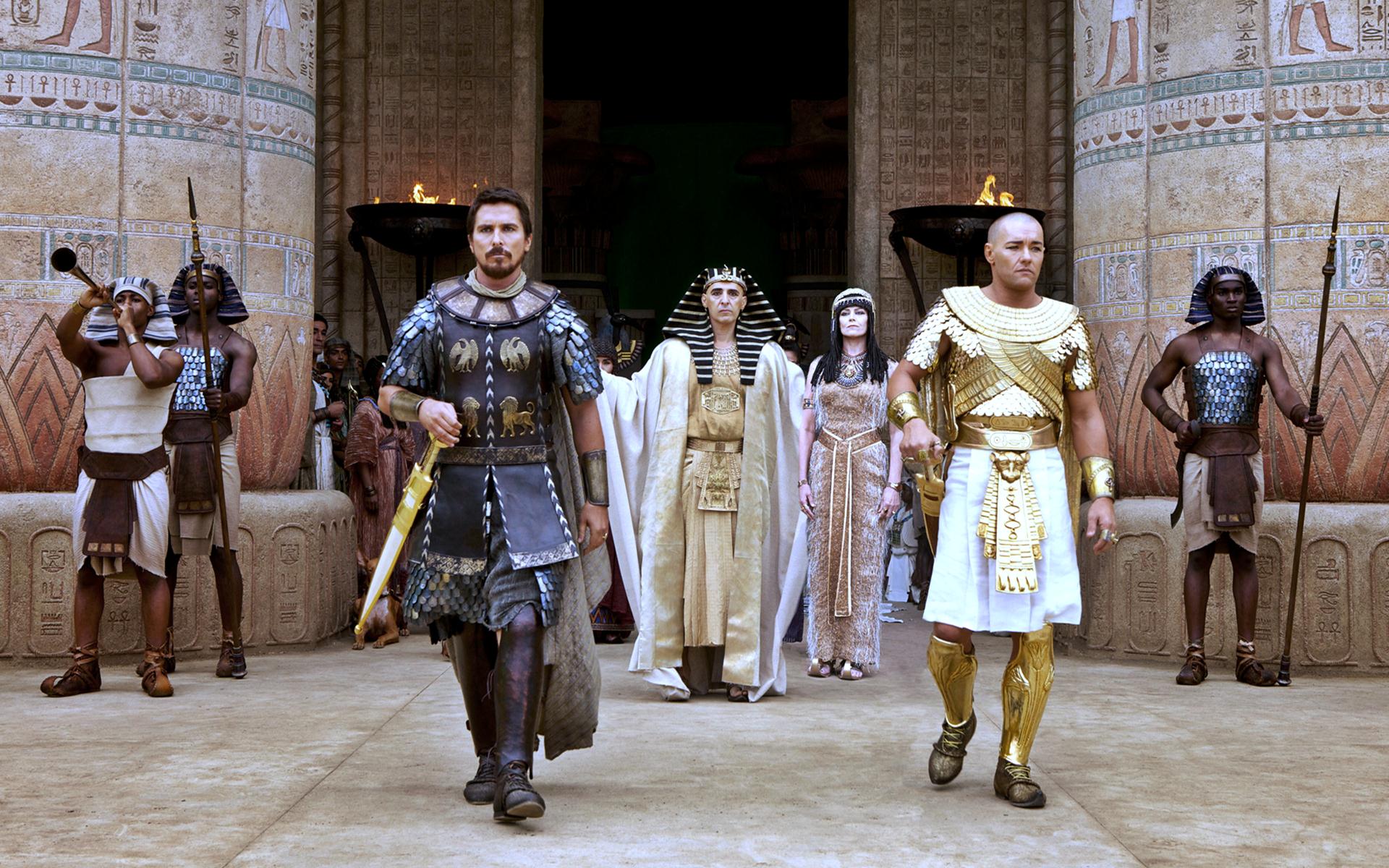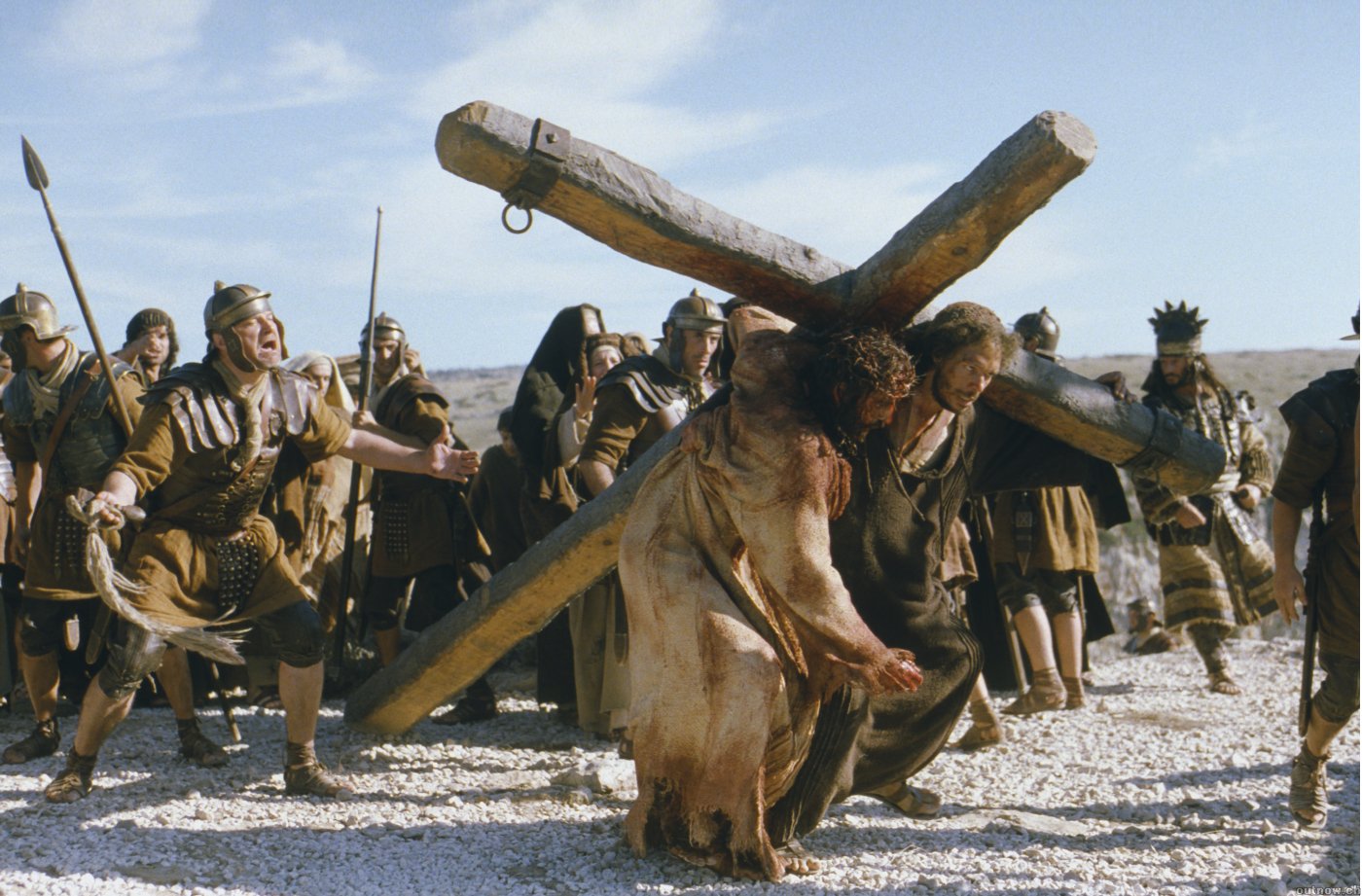The discussion started in earnest around the time Disney released The Chronicles of Narnia: The Lion, The Witch and the Wardrobe, back in 2005.
Author C.S. Lewis maintained throughout his life that the Narnia books weren't religious allegories but merely contained religious symbolism—and those were certainly hard to miss in the film.
 Walt Disney
Walt DisneyMany also noted the presence of Walden Media (owned by Christian conservative Philip Anschutz) among the film's backers. After Anschutz said he thought Walden Media projects should carry moral messages, a few critics described the Narnia films as propaganda, meant to saturate Hollywood with a conservative agenda.
But with the success of the film ($739 million worldwide box office from a budget of $180 million), the industry wondered if faith-based movies might become an established trend.
Director Mel Gibson had blindsided everyone the year before (2004) when The Passion of the Christ returned a staggering $611 million from a $30 million budget. It was quite a feat for a release far outside the usual summer blockbuster window, and seemed to pave the way for movies about religion, rather than just those containing Christian elements.
Like all Hollywood trends, religious movies have had their booms and busts. The high point came with films like The Ten Commandments (1956), Ben-Hur (1959), and The Greatest Story Ever Told (1965), and films based on similar aesthetics, like Cleopatra (1963).
More recently—aside from the odd historical one-off, like 1988's The Last Temptation of Christ—Hollywood has been content to occasionally merely repackage Christianity, rather than film Bible stories. A good example was The Matrix films, borrowing heavily from both Christianity and Buddhism to form the backbone of a cyberpunk action movie. Or there’s the never-ending plethora of “Christ figures.”
The New Religion
But in the wake of the Narnia films, projects designed to appeal directly to Christian audiences have been on the increase. In early 2014, things looked promising after four faith-based films performed well.
Son of God returned $68 million from a $22 million budget. Auteur Darren Aronofsky's big budget Great Flood reimagining, Noah, earned $359 million from a $125 million budget. Heaven is For Real, based on the best-selling book, made $91 million from a $12 million budget, and God's Not Dead returned $61 million from a production budget of just $2 million.
 Paramount Pictures
Paramount PicturesBut then things turned sour. Titles like The Identical, When the Game Stands Tall, Persecuted, and Mom's Night Out were all disappointments at the box office. Some say they had no chance amid the summer marketing juggernauts—this year, fifty major movies were released between the traditional April blockbuster season kick-off and Labor Day.
2015 will be even bigger, with giant sequel, superhero, and brand recognition names like The Avengers, The Hunger Games, The Terminator, Mad Max, Star Wars, Warcraft, Jurassic Park, James Bond and Mission Impossible all due. Trying to market a movie that cost less than $10 million is nightmarish amid such a torrent of tentpoles.
Or it might be all in a name. Ray Subers of boxofficemojo.com recently claimed the faith-based films that tanked did so because they weren't actually about religion—they just employed some measure of it in their plots. As he points out, the religious movies that made it big had words like “God” or “heaven” in their titles.
Money Changers in the Temple
As with everything in Hollywood, box office has as much to do with the economics of marketing as it does quality. The more expensive a film is, the more homogenized the content has to be to capture as many market demographics as possible (the hotly pursued four quadrants of young male/young female/adult male/adult female).
It's the reason behind the oft-repeated cries about how bland movies get the more they cost. A studio producing the latest superhero origin story has to make it appeal to both a retired Pennsylvania truck driver and a teenage web programmer in Shanghai equally (aided and abetted by precision market testing).
Spend $1.2 million on Saw (2004), and you can afford to make a bloodthirsty gore-fest because even the small—however devoted—fanbase for that kind of movie will be enough to return your investment. The same went for the successful “Christian” movies in early 2014, all but one of which (Noah) cost between $2 million and $15 million.
Such a low initial outlay means a producer can commission or buy a script that seeks out a particular movie-going sector like practicing Christians, marketing through very targeted channels like church outreach or religious advertising outlets.
As boxoffice.com senior analyst Phil Contrino told online movie news source The Wrap:
There is clearly enough of a Christian market that these movies don't need to be mainstream hits with their low budgets. And avoiding wide releases makes sense because it takes the pressure off the opening weekend and allows them to maximize their grassroots campaigns with their core, which holds marketing costs down.
Return of the Religious Epic
But Noah prompted a new wrinkle in the faith-based film, one that has to appeal to far more than just churchgoers. The concept will be tested when 20th Century Fox releases Ridley Scott's latest historical epic Exodus: Gods and Kings in December. Famous for “swords and sandals”-style films like Gladiator (2000), Kingdom of Heaven (2005) and Robin Hood (2010), Scott seems the perfect director to tell the big screen story of the Hebrew slaves' flight out of Egypt.
Played by Christian Bale, Moses is portrayed as a military general and right-hand man to Egyptian pharaoh Ramses (Joel Edgerton). In typical Ridley Scott style, the film contains plenty of huge effects shots of the parting of the Red Sea, columns of Egyptian soldiers, and the violence and genocide we equate with the era.
So here's the challenge 20th Century Fox faces. Although the budget hasn't been released, the trailer makes Exodus: Gods and Kings look every bit a $200 million film, which means it needs all four quadrants to show up. And the studio is running mainstream and church-based marketing campaigns.
 20th Century Fox
20th Century FoxIf the trick to getting people to like your movie and tell their friends—still the most effective form of movie advertising—is to appeal to everyone, it also poses a unique challenge to the content, not just trailers or posters. And if your film is a large holiday season blockbuster with faith-based source material, the secret might be to make it religious . . . but not too religious.
On his role as Moses, Bale recently made it plain to reporters in Los Angeles that he wasn't playing Moses as the benevolent old leader we remember from Charlton Heston's portrayal. "I think the man was likely schizophrenic and was one of the most barbaric individuals that I ever read about in my life," the forty-year-old star said. "He's a very troubled and tumultuous man who fought greatly against God, against his calling."
The details of Fox's twin marketing campaigns have so far yet to emerge, but the first trailer sells Exodus merely as a good story told in a grand new way rather than having religious significance.
It might be the way forward for similar films in the future. The trailer for the big screen Left Behind remake this year—starring Nicolas Cage and directed by British stuntman Vic Armstrong—contained a line that seemed intended for non-believers uneasy about the tension between being good and being a believer, when a character exclaims, “The God my mother talked about would never do something like this!”
The directors of such movies might also take a similarly secular stance from a creative standpoint, just like the advertising does. When asked about parallels between Exodus and the recent rise of political tension in the Middle East, Ridley Scott told reporters, "People can do that if they want to be really negative or just sit down and enjoy the f***ing movie. It's a movie!"
When Armstrong was asked about the religious aspect of Left Behind, he responded with “what religious aspect?” Didn't he find people disappearing on a plane flight strange (when the rapture comes to collect the believers)? “I did Starship Troopers,” he responded, “and I didn’t question it when great big bugs came climbing over the hill and ripped people's heads off. That's the world I live in!”
The Future
So where does the future lie for the faith-based movie, and how to sell it?
There's no shortage of studios and production companies getting in on the action, like successful mainstream production company Relativity Media, which is in the throes of launching a faith-based film division. There's also no shortage of ways to get them in front of audiences, with cable networks and video on demand services like Netflix and Amazon growing exponentially.
 Icon Productions
Icon ProductionsIn fact, the new distribution models are actually a natural extension of the Christian film industry that's always existed in parallel with Hollywood. Despite flying under the mainstream radar for years, it's generated a staggering amount of content traditionally destined for VHS and DVD and sold in very healthy numbers through Christian organizations and religious affiliates.
What's changing now is that they're crossing over into the mainstream. With Exodus almost ready to release, Scott has added the rights to afterlife memoir Embraced By The Light to his considerable number of projects in development.
But Christian projects can still confound expectations. The big screen Left Behind has been an embarrassing financial and critical failure, returning $11 million of a $16 million budget and scoring only a 2 percent “fresh” critics’ rating on RottenTomatoes.com.
By contrast, a documentary called Meet the Mormons is becoming a sleeper hit. Originally intended to play only in the Mormon Church's Salt Lake City temple, positive feedback encouraged a theatrical release and it's already enjoying similar per-screen averages as David Fincher's critical and audience favorite Gone Girl.
So what's the take-away? Do faith-based movies work? Are you better positioned if you keep your costs down, or should you just keep the religious overtones out of the marketing message?
Ultimately (and frustratingly) it doesn't seem to matter whether you're making movies about God or a killer shark—as soon as you isolate a niche and hone a formula, audiences will prove you wrong. In the end, we're left with the words of the only person who seemed to really know how movie marketing works, screenwriter William Goldman.
“In Hollywood,” he said, “nobody knows anything.”
As a filmgoer, movie industry watcher, and freelance journalist with years of experience, Drew Turney writes about everything from movie reviews to celebrity interviews and stories about the business of Hollywood and movies worldwide. He tweets @drewturney and is based in Los Angeles.













